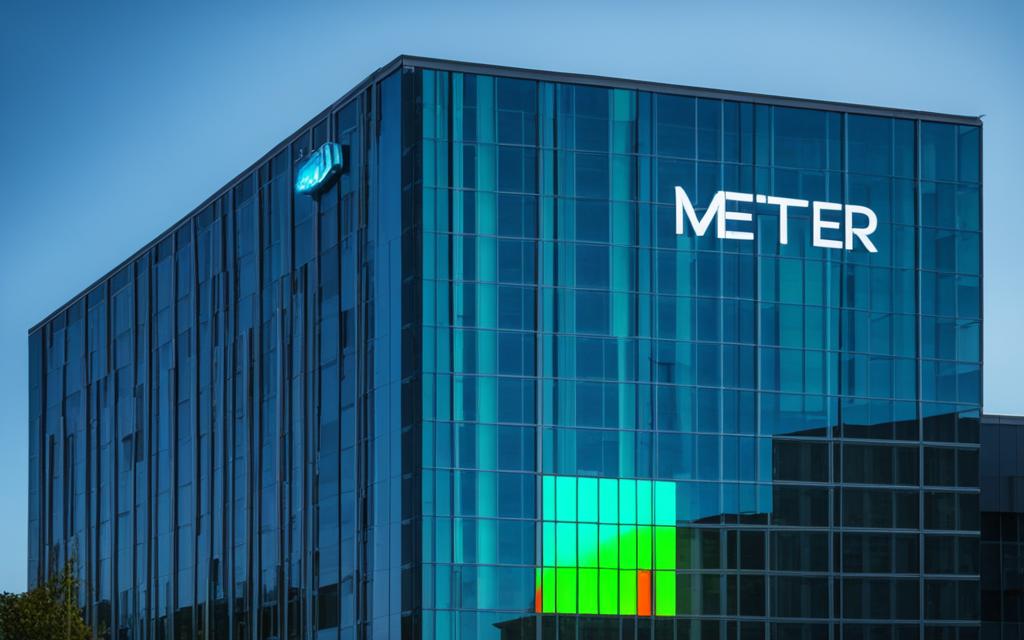When a crisis strikes, how a company reacts can define its future. More than mere survival, good preparation for a worst-case scenario can even result in an enhanced reputation. As leading brands like Qantas, Optus, and PwC discovered in 2023, a crisis can happen at any time, threatening a company’s reputation and profits. The stakes are high, but the right approach can help you emerge in a better position than before the crisis hit.
According to John Connolly, a veteran corporate crisis manager, companies need to acknowledge the operational issues and take responsibility, rather than treating it as a communications problem. This is where Reputation Return can be a valuable partner, providing the expertise and tools to manage your online reputation during a crisis.
Key Takeaways
- Crises can strike at any time, threatening a company’s reputation and profitability.
- Effective crisis management goes beyond communication, requiring companies to acknowledge issues and take responsibility.
- Reputation Return offers specialized expertise and tools to help companies manage their online reputation during a crisis.
- Proactive reputation management can position a company to emerge from a crisis stronger than before.
- Partnering with a reputation management firm like Reputation Return can be crucial for navigating a crisis and protecting a company’s long-term success.
The Importance of Corporate Reputation Management
In today’s digital age, your company’s corporate reputation has become a critical asset. It’s not just about the quality of your products or services – it’s about how you’re perceived by your customers, employees, and the broader public. A strong, positive reputation can attract top talent, foster customer loyalty, and even command premium pricing for your offerings.
Attracting Top Talent and Customer Loyalty
Organizations with a stellar reputation are often able to attract the best and brightest talent in their industry. Top-performing employees are drawn to companies that are known for their values, culture, and commitment to excellence. Moreover, customers are more likely to remain loyal to brands they trust and perceive as delivering exceptional value.
Commanding Premium Pricing and Higher Market Value
A strong corporate reputation can also translate into premium pricing and higher market value. Customers are often willing to pay more for products or services from companies they trust and view as industry leaders. Furthermore, in an economy where intangible assets like brand equity and intellectual capital account for a significant portion of a company’s overall value, a positive reputation can be a key driver of financial performance and shareholder value.
| Metric | Strong Reputation | Weak Reputation |
|---|---|---|
| Revenue Growth | 7.1% | 2.9% |
| Profit Margin | 11.4% | 7.9% |
| Market Valuation | 3.1x | 1.9x |
The data in the table above highlights the tangible benefits of effective corporate reputation management. By proactively shaping and protecting your company’s reputation, you can position your organization for long-term success and growth.

Proactive vs. Reactive Reputation Management
When it comes to managing your company’s reputation, there are two distinct approaches: proactive and reactive. While many businesses tend to focus on the latter, a proactive strategy is essential for long-term success and mitigating reputational risks. Proactive reputation management involves continuously assessing and addressing potential threats to your brand’s image, rather than waiting for a crisis to unfold.
The reactive approach, on the other hand, is all about damage control. It’s about quickly responding to negative news coverage, online reviews, or social media backlash in an attempt to limit the fallout. While this can be necessary in some situations, it’s a band-aid solution that doesn’t address the root cause of the problem.
Proactive reputation management, in contrast, is about being proactive. It’s about monitoring your online presence, staying ahead of potential issues, and taking proactive steps to strengthen your brand’s image. This could involve everything from conducting regular audits to implementing robust crisis communication plans.
The benefits of a proactive approach are clear. By taking a proactive stance, you can reduce the likelihood of a reputation crisis occurring in the first place. And if a crisis does occur, you’ll be better equipped to navigate it and minimize the damage. This, in turn, can help you maintain customer trust, attract top talent, and command premium pricing in the market.
So, if you want to protect and enhance your company’s reputation, it’s time to shift your focus from reactive to proactive reputation management. By being proactive, you can stay ahead of the curve and ensure your brand’s long-term success.
| Proactive Reputation Management | Reactive Reputation Management |
|---|---|
| Continuously assesses and addresses potential threats to your brand’s image | Focuses on quickly responding to negative news coverage, online reviews, or social media backlash |
| Involves monitoring your online presence and taking proactive steps to strengthen your brand’s image | Aims to limit the fallout from a reputation crisis, but doesn’t address the root cause of the problem |
| Reduces the likelihood of a reputation crisis occurring in the first place | Provides a band-aid solution to a deeper issue |
| Helps maintain customer trust, attract top talent, and command premium pricing | Can lead to long-term damage to your brand’s reputation |
By prioritizing crisis management vs. reputation management, you can ensure your business is well-equipped to handle both proactive and reactive reputation challenges. This comprehensive approach is the key to maintaining a strong, positive brand image in today’s competitive landscape.

Factors Affecting Reputational Risks
Maintaining a positive reputation is crucial for businesses, but several factors can put it at risk. One key factor is the reputation-reality gap – the disconnect between a company’s actual performance and how stakeholders perceive it. This disconnect can arise from various sources, such as misleading marketing, poor customer service, or unethical practices that don’t align with the brand’s public image.
Another significant factor is changing beliefs and expectations among stakeholders. In the digital age, increased transparency and the power of social media have transformed how people evaluate and engage with brands. Customers, employees, and the general public now expect companies to uphold high ethical standards, be socially responsible, and adapt quickly to evolving needs and concerns.
Weak Internal Coordination
Surprisingly, a company’s internal operations can also contribute to reputational risks. Weak internal coordination, where different departments and functions are not aligned, can lead to inconsistent messaging, delayed response to issues, and a failure to address reputational threats before they escalate.
To effectively manage reputational risks, companies must proactively bridge the gap between their actual performance and stakeholder perceptions, stay attuned to evolving expectations, and foster strong internal coordination across all functions. By doing so, they can safeguard their reputation and maintain the trust and loyalty of their customers, partners, and the wider community.
Quantifying and Controlling Reputational Risks
When it comes to managing your company’s reputation, quantifying and controlling the associated risks is crucial. While regulators, industry groups, and consultants have developed extensive guidelines for assessing risks in various areas, they have often overlooked the intangible threat of reputational risk. This is primarily because defining and measuring reputational risk can be challenging.
Fortunately, tools like the Reputational Risk Quantification Model are now available to help businesses establish an evidence-based value for potential reputational damage. This model considers factors such as your industry, claims history, and reputational exposure to provide insights that go beyond mere instincts when it comes to managing these risks. By using such tools, you can better understand the need for proactive risk mitigation strategies and make intangible reputational threats more tangible.
Additionally, reputation management services like Reputation Return offer specialized solutions for sectors that are particularly vulnerable to reputational risks, such as leisure and hospitality, retail, transport, charities and NGOs, and manufacturing. These services can help you benchmark the impact of reputational events against your competitors, contributing to your overall reputational risk maturity and demonstrating it to insurers.

